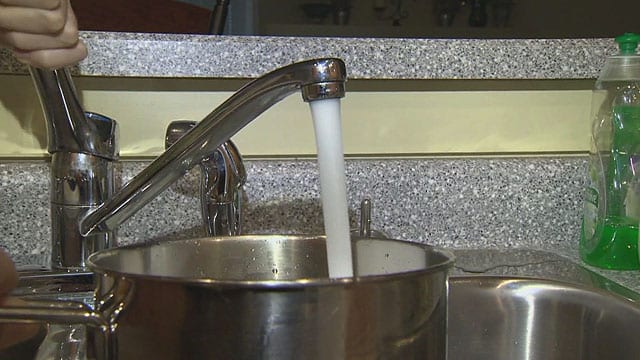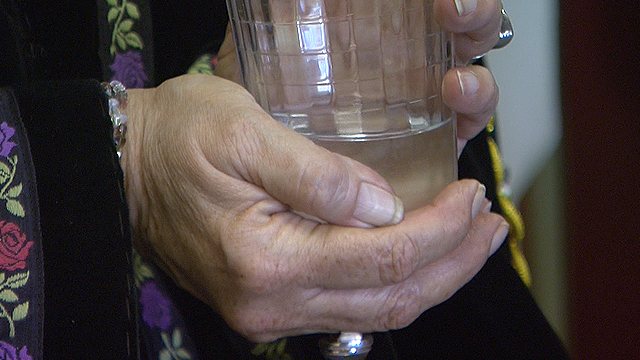
The Eabametoong First Nation in northern Ontario has declared a state of emergency after its drinking water supply had higher levels of trihalomethanes (THMs) than provincial standards allow.
“The discovery of high levels of trihalomethanes, combined with and ongoing issues with our water and wastewater systems, has forced us to declare a State of Emergency to protect the health of our community,” said Chief Harvey Yesno in a statement released Monday.
“Many of these issues have been ongoing for decades, but we are especially concerned about the effects of trihalomethanes on our most vulnerable community members, including newborn children, youth, the elderly and infirmed.”
According to the community which sits about 370 km due north of Thunder Bay, water quality lab tests taken by an independent lab on June 28 to June 30 indicate high levels of THMs, exceeding the allowance of 100 micrograms per litre Ontario Drinking Water Objectives by 122-182 per cent.
According to the website of the National Institute of Health in the U.S., THMs are the result of a reaction between the chlorine used for disinfecting tap water and natural organic matter in the water. At elevated levels, THMs have been associated with negative health effects such as cancer and adverse reproductive outcomes.”
Read the release:
Eabametoong First Nation declares State of Emergency
The community says the issue is in the water distribution system.
“It is unacceptable that Eabametoong has been on a boil water advisory for 18 years. Progress has been made to upgrade our infrastructure, but our members cannot be expected to consume water that fails to meet Ontario drinking water standards,” said Yesno.
“We have a responsibility to protect the health of our members and will do everything we can until our water issues are permanently resolved.”
According to the release, the community has started an “emergency response plan” and has been forced to rely on reverse osmosis units to draw water for drinking and cooking.
Community members could notice a foul smell and taste if they use the tap water.
Yesno said he has contacted Indigenous Services and has requested “immediate action from the Government of Canada.”










